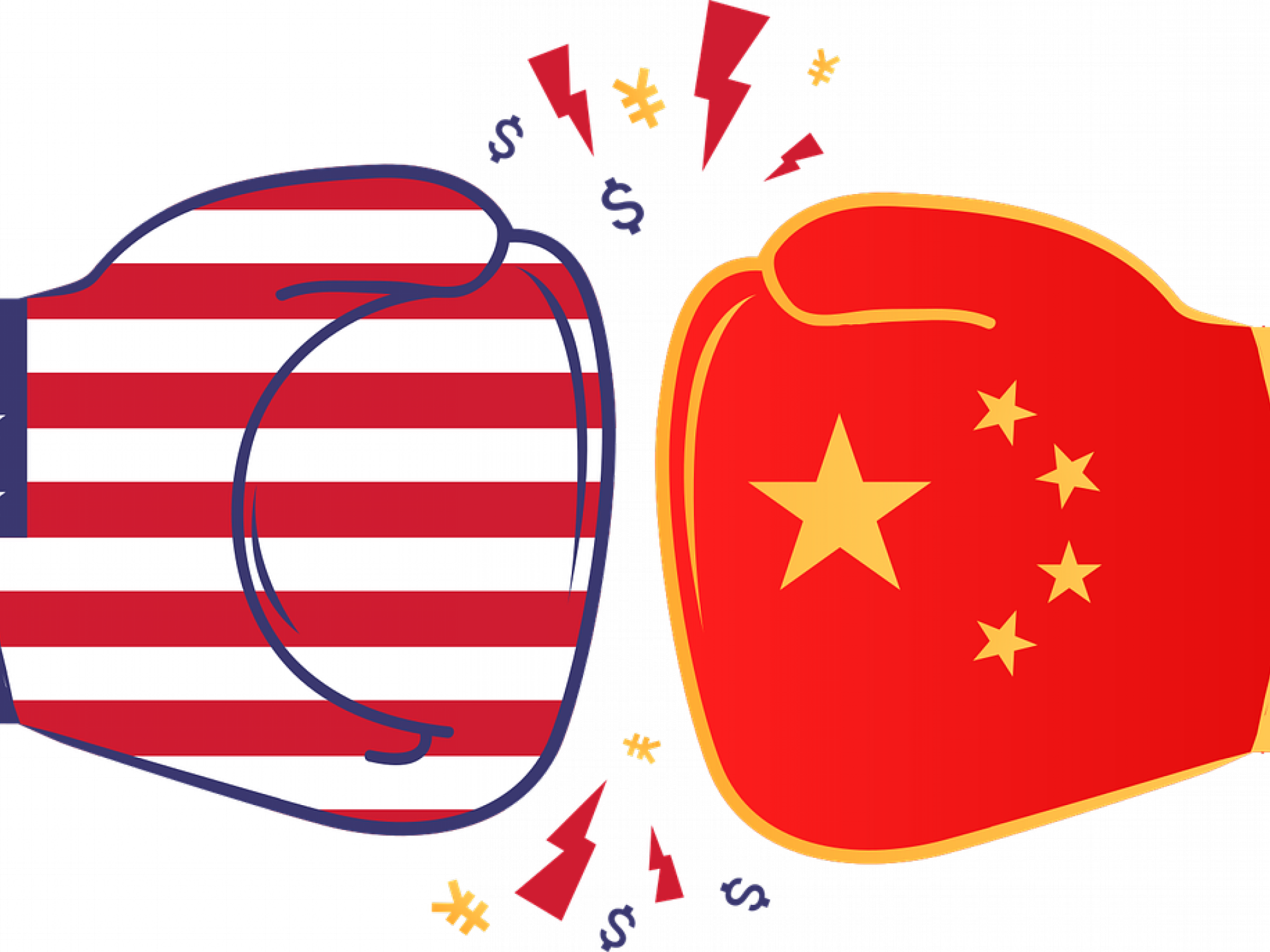
The U.S. is influencing the Netherlands to prohibit ASML Holding NV (NASDAQ:ASML) from selling to China, mainstream technology essential in making a large chunk of the world's chips, Bloomberg reports.
The proposed restriction could thwart the country's aspirations to lead global chip production by intensifying an existing suspension, a severe blow to Chinese chipmakers like Semiconductor Manufacturing International Corp and Hua Hong Semiconductor Ltd.
ASML still sells "deep ultraviolet," or DUV, machines to Chinese customers, ET Telecom reports.
Also Read: Here's Why Micron, TSMC, AMD, Nvidia, Qualcomm And Other Chipmakers Are Trading Lower Premarket
DUV lithography helps manufacture most of the global chips. Therefore, restricting their sales to China would highly damage China's chip industry and likely intensify the global semiconductor crisis.
ASML can already not ship its most advanced tools to China. However, the curb could restrict the sale of slightly older machines.
Interestingly, the move powered China's semiconductor stocks as it could drive demand for homegrown technology, Bloomberg reports.
Additionally, better-than-expected earnings have spurred a rally in chip stocks in China, with investors seeing U.S. restrictions accelerating sales for domestic companies.
China slammed U.S. efforts to stop ASML and Nikon Corp (OTC: NINOY) from selling key chipmaking technology to the country as "technological terrorism," Bloomberg reports.
China is ASML's third-largest market, after Taiwan and South Korea, representing 16% of 2021 sales, or 2.1 billion euros.
Since 2019, the Dutch government, in accord with the U.S., has not granted a license for ASML to sell its most advanced machines, which use "extreme ultraviolet," or EUV, light waves, to Chinese chipmakers.
In 2021, the U.S. National Security Commission on Artificial Intelligence recommended pushing allies to deny China access to top DUV, EUV, and related tools.
Price Action: ASML shares traded lower by 1.13% at $427.50 in the premarket on the last check Wednesday.
Photo via Pixabay





